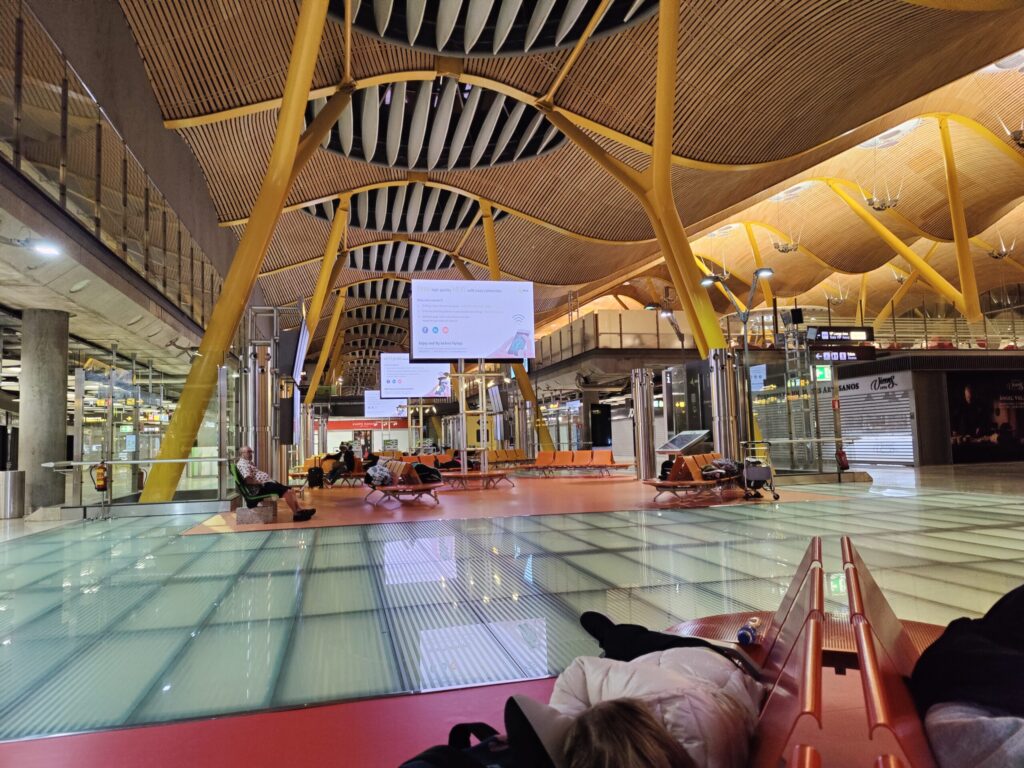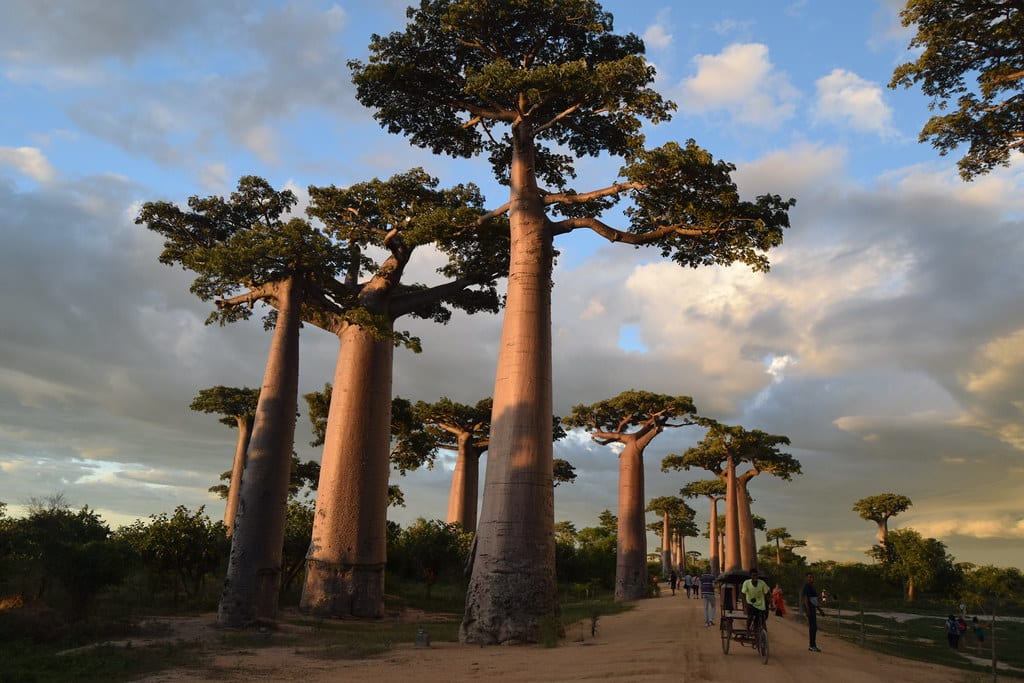BY NANJALA NYABOLA
When I first started backpacking, I had a long list of requirements that needed to be met before I could even consider going somewhere. Today I more or less have three – and even that is more than most people on the move can afford to allow themselves. Today, I only ask for a clean and safe hotel. An easy visa process. And a means to get there and back. This list has been whittled down over years of travel in almost seventy countries, after finding myself in situations that I would never previously have contemplated. Sleeping on an airport floor in Madrid when your hotel locks you out. Running for the Ghanaian border when your Togolese employer turns out to be abusive. Running out of money in Burkina Faso and having to depend on the kindness of strangers. Battling altitude sickness on the slopes of Mount Everest. Once you’ve found yourself in a situation where you had to depend on a foreign society’s hospitality to survive, your list of non-negotiables changes very quickly.
Mobility rubs away at so many of the things that we think are necessary for life. When we move not out of choice, but out of necessity, we encounter other societies at their best or at their worst. Gasping for air in a foreign language at the side of a mountain leaves you thinking about what actually matters in life. Having an influx of people from disparate backgrounds show up at your border reveals the truth about the societies we live in.
Travel is not migration. Travel is merely a small dose of what is experienced by those who leave, knowing they can never go back. But it has given me a lot of time and opportunity to think about these things. I didn’t leave Kenya for the first time until I was almost 20 years old. Up to that point, travel in my family meant visiting our grandparents in the village every year or two. We weren’t even one of the families that go to Mombasa on holiday – that was a luxury beyond our imagination. I think this is partly why I became such an avid reader and writer: as a kid I had to imagine all of these experiences that I couldn’t have in my real life, and everything I knew about the world was filtered through those newspapers and books I was reading so voraciously. Without travel, I simply would have gone on believing them.

Travel has forced my mind open in a way that books alone could not. I’m not oblivious to the fact that my ability to travel the way I do is predicated on a great deal of privilege. Beyond money, I am physically able to go to most places. I have had access to language education. I have a passport. (I also recognise that the world would be a much worse place if even 10% more of the global population travelled as much as I do; it would be catastrophic for the environment.) My academic life has opened up the world to me in a way that it absolutely does not for other people of the same age and a similar background to mine. As we speak, millions of people around the world – most of them young and many of them in Africa – are on the move in search of some of the space and opportunity that life has afforded me. Many will die along the way. Some will lose everything. So I don’t take for granted the fact that I can travel without those fears.
Still, seeing myself in the eyes of others has taught me a lot about the nature of race and gender, and other lines we draw in our societies. Something about a lone African woman travelling provokes interesting reactions in people. Shopkeepers watching me as I peruse the aisles in American and Western European pharmacies, and open hostility in Central Europe. Uninhibited curiosity in Asia, and complete indifference or comical enthusiasm in Africa. Being inappropriately propositioned by men who imagine that travelling solo is a declaration of sexual availability. I’ve learnt that simply by turning up, you force people to contend with their own preconceptions of what blackness and womanhood can be. To travel the way I do – often alone, with nothing more than a backpack and a vague itinerary – is to give yourself over completely to another society and its biases. It challenges you to either continue being fearless and turning up, or to walk away and return to your comfort zone. I’ve learnt to choose fearlessness.
Travel has systematically both enforced and undermined my belief in human nature. Race, age and gender are lenses through which other people see you and measure your ability to navigate a space. It’s the difference between someone calling you a cab because “Accra is dangerous” or letting you walk the 10 metres because they think you can deal with it; it’s the way people open doors for white men, but not for other people. Joe Shmoe may be able to backpack across Lomé with nothing more than the clothes on his back; you probably can’t.

But I’ve also experienced the inverse. In Burkina Faso, I experienced so much hospitality I was embarrassed. I never once ate in a restaurant for the entire duration of my stay. Strangers welcomed me into their homes and overfed me because they’d never seen a Kenyan before. They were bowled over by my broken French. They couldn’t wait to show me off to their friends. Lying beneath the stars in the Danakil region of Ethiopia, I had a profound conversation on the future of Africa as my young guide saw it. I had the same kind of welcome in Madagascar, and again in Egypt. My Africanness gave me an opening into the lives of my hosts that other travellers – white, Western or wealthy – may never be able to experience. And I learnt that the guidebook-writers conditioning people to be afraid of Africa might not be experiencing the same Africa as I am.
Many of the ideas I have about migration have been forged out of my work, but refined by my own life as a traveller. It is difficult to be abstract about hostile borders when you know what it feels to be pulled out of the immigration line and sent for “further screening” because you are the only black person in the group. It is difficult to theorise border walls when the people in flimsy boats undulating on the open water look like they could be your high school classmates, or your childhood neighbour. It is difficult to believe in the idea of one correct way of managing human movement when you know first-hand that there are so many exceptions to all the apparent rules; exceptions built on nothing more than a sense that the person seeking them is “one of us”.
The speed at which so many corners of the world have collapsed into racism and hate around the COVID-19 pandemic reminds us that racism is humanity’s original sin – as crude violence, yes, but also as bureaucratic exclusion. And until the people claiming to help those who experience racism can bring themselves to name the beast, I don’t see how the system can change. Migrants and refugees have been the canaries in the coal mine of a system that can no longer hold. This global outbreak has stripped so many of our societies of their safety nets. Illusions of modernity and of what remains can be encouraging – networks of mutual aid and community support – but also appalling – people who would waste their anxious breath on fomenting and disseminating hate. This is who we are when distilled to our anxieties, stripped of our pretensions of progress, and face-to-face with ourselves.




